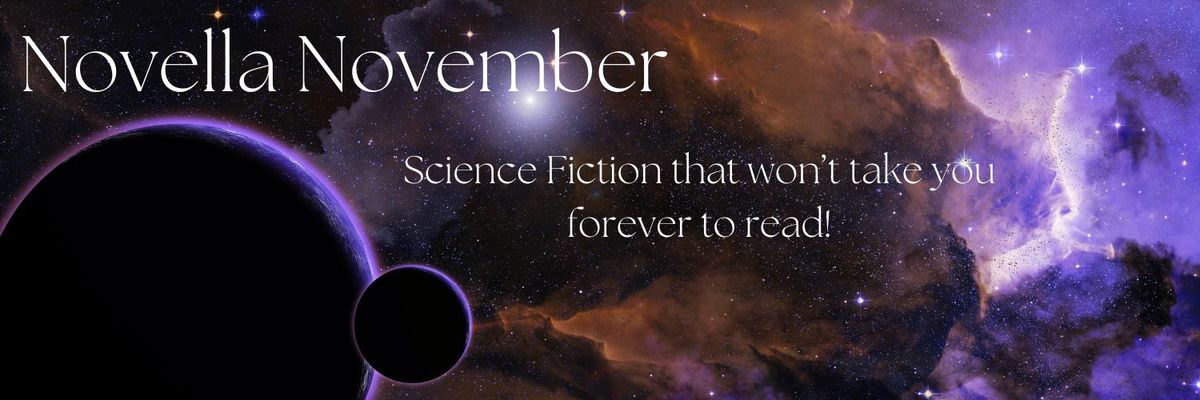We are living through an interesting transition as we change our relationship with physical possessions. Physical ownership is giving way to a preference for virtual goods and services.
For millennia, societies operated on a “favor bank” system, where performing favors for friends and members of the community built goodwill. This mutual support was crucial during hard times. Money and trade goods came later. Personal wealth evolved from physically holding valuables to entrusting them to banks. Today, banks themselves are a web of promissory notes, not physical reserves.
Caption: Not all money was easily carried about. Rai stones for instance, remained stationary. Their ownership was determined through community consensus in the societies where they were valued.
We store our financial assets in the cloud. Money, stocks, property titles, and insurance policies exist mostly in digital realms. Who actually holds physical stock certificates now? While we physically possess homes and cars (and even that might change), our ownership rights are digitally recorded. Our educational achievements and professional credentials are traded electronically. Our libraries of books, music, or games have transitioned from physical shelves to digital storage. Memories, once preserved in photo albums, calendars, and diaries, are now captured in digital formats and stored online. More and more of the stuff that we previously had and could touch and behold is nothing but virtual tokens that we entrust to someone else. We even trade trust online — we develop reputations only visible on virtual platforms.
Shopping has transformed into a largely virtual experience. We select products in online stores, try on outfits in digital dressing rooms, order them by transferring digital IOUs, and track our purchases through apps. Our interactions with the real world are often intermediated by the online one: we watch what’s going on via security cameras on our phone, or we keep up with our friends by lurking on various social media sites. We monitor our money virtually as well. Our accounting, even including the filing of our tax returns, can be done without touching a piece of paper. The same is true for legal work, although a physical presence in a real court room is still often required; maybe that will change. Imagine how much easier it would be to get jurors to serve if they could opine over the Internet. Voting can be done by mail. The COVID-19 pandemic accelerated this shift. We work from home, hold virtual meetings, and virtually attend conferences where we can start virtual collaborations on projects. Doctors’ visits? Why leave home? And schools? It might not work for all, but it does expand access. Same for libraries. Same for movies. Same for gambling. Same for theater. And even virtual traveling is a thing now — just wait until every household has a high quality 3D headset.
And yet, we own all those virtual goods, right? We do until someone steals or alters the data and then we don’t. Poof. It’s a cautionary tale on the fragility of virtual possessions to consider bitcoin millionaires that lost access to their virtual wallets and had no way of getting them back. Cybersecurity takes on an outsized role in a world where wealth and identity can vanish in a digital heist. Robbing banks is much safer when done via a computer screen.
The pace of transformation from “real” to “virtual” is astounding. Some of these transformations are welcome — commuting time is saved, for example — but some are a genuine loss to interpersonal interactions. And there is a loss of serendipity. Will dating revert to accidentally meeting real people? Not “researching” someone before a date now seems irresponsible. Our online self-caricature is an advertisement of how marvelous we are; a virtual peacock’s tail. People fake their appearance, their age, their occupation, and their social life. Once they have made representations that are flagrantly false, it is hard to meet in person, reveal their true selves, and destroy the illusion. But if relationships stay entirely virtual, why fuss with real-world accuracy?
As our access to virtual goods and services increases, our circle of real friends and family gets smaller and smaller, and our face-to-face interactions become more limited in time and scope. So we host virtual cocktail parties and Zoom funerals. It requires so little space, and even fewer hors d’oeuvres.
Novella November
A few years back, I wrote a little novella about what could go wrong on a spaceship run by a virtual captain: “Good Girl”. This month, I participating in a little novellas promotion with a couple of fellow writers — the little bites of stories, just enough to whet your appetite for more and explore an idea or two. These are short reads of no more than an hour or two. I hope you get a few and enjoy as you travel to real or virtual Thanksgiving events Happy Novella November!


